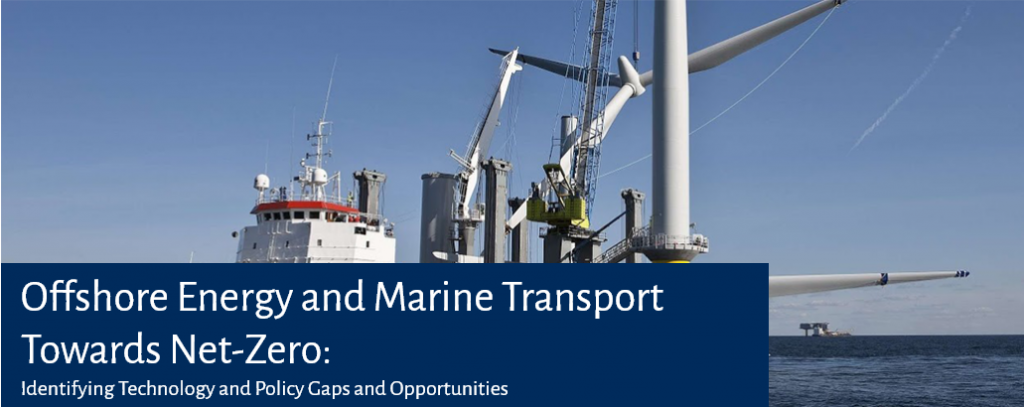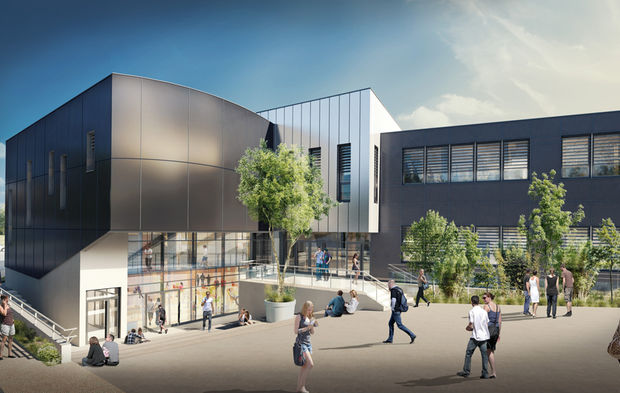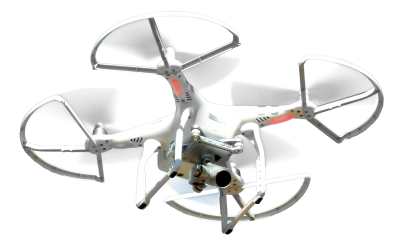Developed countries are facing the nascent of a new tech revolution brought by deeply intelligent robots, AI, IoT, etc., where physical assets, sensors, and robots work together in a symbiotic relationship. The built environment will certainly be part of this revolution due to the potential and the relative low-cost of digitalization and robotic technology when compared to the huge inspection and maintenance (I&M) costs of its infrastructures (energy, transportation, cities, etc.).

Invited Seminar by Prof. M. Chiachio at Strathclyde University (UK) Prof. Manuel Chiachio will participate […]

Invited lecture in ESIT CAEN On the 2nd and 4th of February, Dr. Juan and […]

Academic visit of two faculty members of the Catholic University of Santiago de Guayaquil We […]

Academic visit of Prof. Dr. Ing. Samir Mustapha (American University of Beirut) Dr. Samir Mustapha, […]


The iPMLab is a Research Group registered as (TEP-1001) and also member of the Andalusian Data Science and Computational Intelligence Institute (DIH-DaSCI Innovation Hub {https://dasci.es}). We enjoy research participation among the following projects:
European training network in intelligent prognostics and health management in composite structures (http://h2020-enhanceitn.eu). PI & Coordinator: Dr. Manuel Chiachío. Participants: Dr. Juan Chiachío (Supervisor), Prof. Francisco Herrera, (Co-Supervisor), Mr. Juan Fernández Salas (MSCA ESR Fellow), Mr. Ali Saleh (MSCA ESR Fellow), Ms. María Megia (Project Manager), Dr. Rafael Beltrán (Tutoring chair). Budget: 2.67 M€
HYPERION (https://www.hyperion-project.eu) -Development of a decision support system for improved resilience & sustainable reconstruction of historic areas to cope with climate change & extreme events based on novel sensors and modelling tools . PI at UGR (Prof. Enrique Hernández). Researchers: Prof. Mª Luisa Gil, Dr. Manuel Chiachío, Dr. Juan Chiachío, Dr. Mª Lourdes Jalón. Budget: 386K€.
Taq-I-Kisra Novel management tools for intelligent maintenance of existing concrete structures (REF RTI2018-101841-B-C21). PI: Prof. Enrique Hernández and Prof. Mª Luisa Gil. Researchers: Dr. Mª Lourdes Jalón, Dr. Juan Chiachío, Dr. Manuel Chiachío, Dr. Mª José Echevarría, Mr. Ramón Suárez (IoT specialist). Budget: 151K€.
Robotic inspection of structures using drones REF PPJI2018-04. PI: Dr. Manuel Chiachío. Participants: Dr. José M. Terrés, Dr. Juan Fco. Reinoso, Dr. Rafael Muñoz, Mr. Juan J. Quiñones (pilot and researcher) , Mr. Ramón Suárez (IoT specialist and Drone expert). Budget: 1500 € plus 2 years-contract IoT specialist.
Life is sometimes surprising, and yes, we lead a digital twin research at the time that we’re physical twins! Our careers are almost exactly parallel and we’re our best collaborators ever.
Dr. Juan & Manuel Chiachío (MCEng, MSc, PhD), are experts in applied prognostics methods, engineering applications of AI algorithms, Bayesian methods in engineering and maintenance modelling. They obtained their Ph.D. in 2014, Drs. Chiachío have successfully established an outstanding record of accomplishment authoring >30 high impact papers accruing more than 500 citations, of which 14 are ranked within 1st decile, 2 patents, and 2 books. Their research have been recognized with the Silver Medal of the Technical University of Madrid (2008) for winning the 2nd place of structural design competition using composite materials, a best Global Paper Award, the Talentia Professional Fellowship (2010), and the National FPU fellowship (arguably the most prestigious individual PhD fellowship from the Government of Spain). Their research careers boosted after enjoying research stays at the California Institute of Technology (under Prof. James L. Beck, 4 months), Hamburg University of Technology (under Prof. Karl Schulte, 2 months), and NASA Ames Research Center (under Dr. Kai Goebel, 6 months), for sure, the most transformative experience after living a science & technology immersion within the hearth of Silicon Valley. Their international careers continued after their PhD at the University of Nottingham (UK) as postdoctoral scholars of the Resilience Engineering Research Group led by Prof. John Andrews during almost 3 years, and (only Juan in 2018) at the Naval Arch. Ocean and Marine Engineering Dept., Strathclyde University (6 months). First Manuel in 2018 Manuel and then Juan in 2019 won one faculty position each at the University of Granada, Dept. of Structural Mechanics and Hydraulic Engineering. Their international research careers have contributed successfully in establishing an active international network of collaborations such as Caltech, TUHH, NASA, University of Nottingham, Tech. University of Braunschweig, Politecnico di Milano, Delft University of Technology, CEA-List, DLR, American University of Beirut, Imperial College, Centrale Supelec, PARC, GE Research, SIEMENS, to cite but any (please refer to the list of collaborators). Dr. Manuel Chiachío is currently the Coordinator and Principal Investigator of one MSCA- ITN-H2020 project named ENHAnCE, being one of the younger H2020 coordinators in his country. They are both members of the scientific committee of the European Society of Prognostics, members of the Prognostics and Health Management Society, and members of the Spanish Council of Civil Engineers.
Their overall mission and vision is to transform built structures and infrastructures from being physical to cyber-physical to enhance maintenance, extend remaining useful life, and anticipate failures. In summary, they’re primary aim is to convey the required digital transformation of the built environment.

“The following list highlights our primary research networking, the collaborators with whom we write papers/books, proposals, and participate in projects and doctorate training”